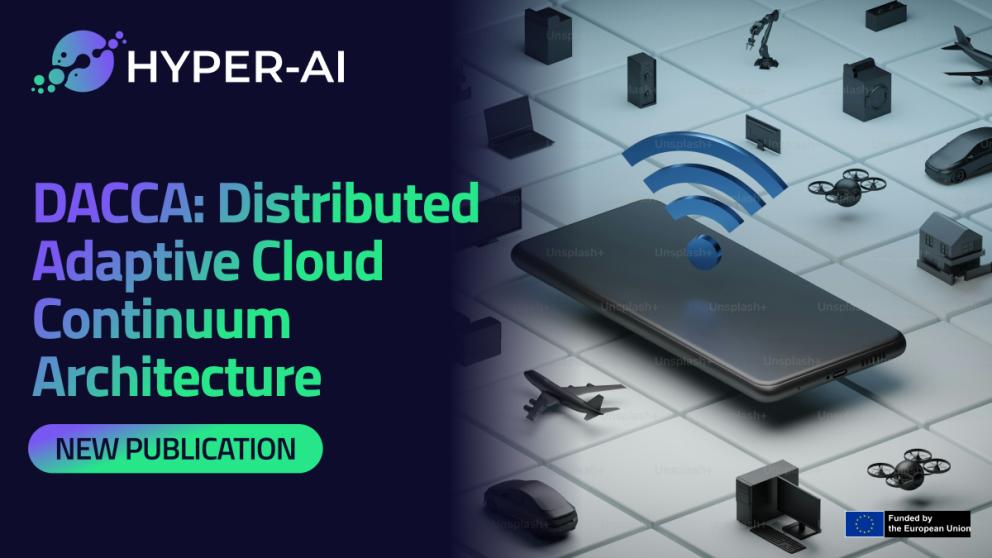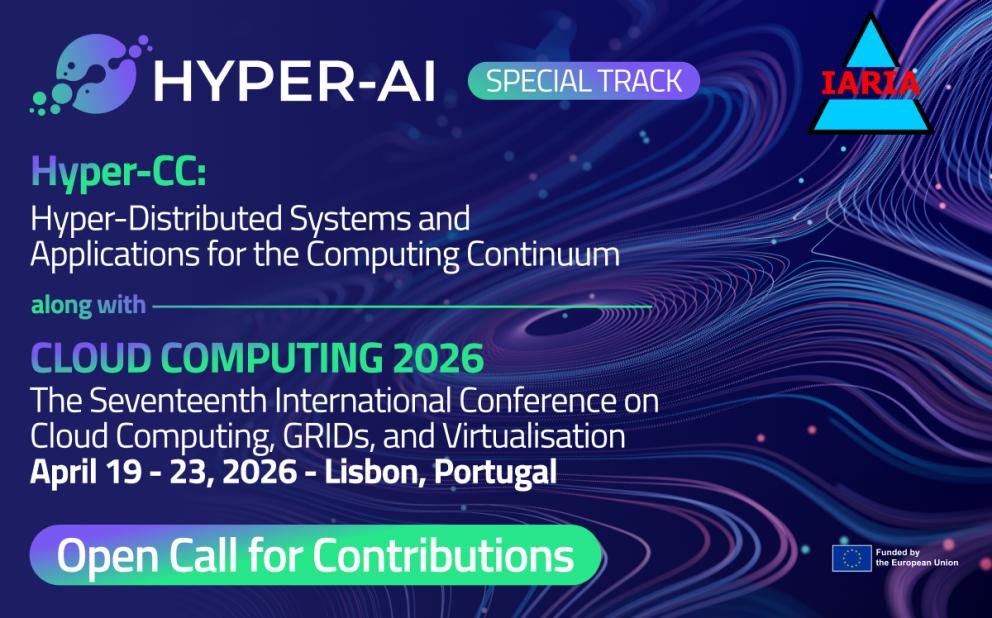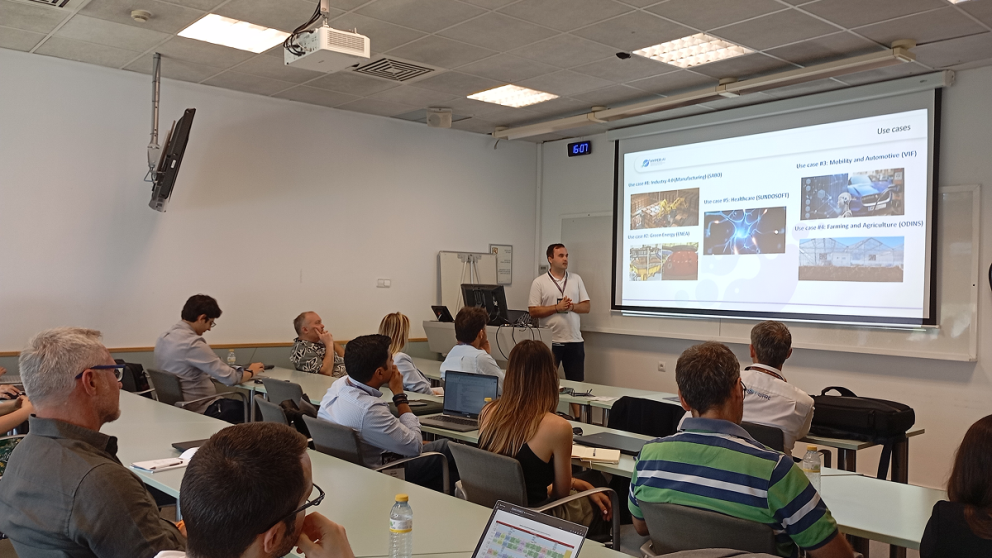Work Package 7 is focused on consolidating all the different modules developed in the Hyper-AI project, ultimately creating a platform that empowers non-experts to leverage its capabilities. Professor Stathes Hadjiefthymiades, technical coordinator of Hyper-AI and a professor of computer science at the National and Kapodistrian University of Athens, shared insights into this crucial aspect of the project.
"We'll develop a platform that can be used to allow the non-expert to easily describe applications or application workflows," Hadjiefthymiades explains. This user-friendly platform will serve as a bridge between the complex technological infrastructure of Hyper-AI and the end users who want to harness its power for various applications.
One of the key components of this platform is an integrated development environment (IDE), a tool that simplifies the process of creating and deploying applications. "Through this IDE... it'll be easy for the non-expert to manage this beast," Hadjiefthymiades notes, referring to the complex and distributed nature of the Hyper-AI system.
The IDE will enable users to create workflows that orchestrate the various components of the Hyper-AI architecture, allowing them to leverage its capabilities without needing to understand the technical intricacies. This “democratization” of access is a fundamental goal of Hyper-AI, ensuring that the benefits of advanced data processing and AI are not limited to technical experts.
By simplifying the process of interacting with Hyper-AI, Work Package 7 is establishing the way for a future where data-driven solutions are accessible to a wider range of individuals and organisations. This has the potential to unlock new possibilities for innovation and problem-solving across various fields and industries.
To keep up to date and for more information on HYPER-AI, follow the project on LinkedIn, Twitter, and YouTube.


